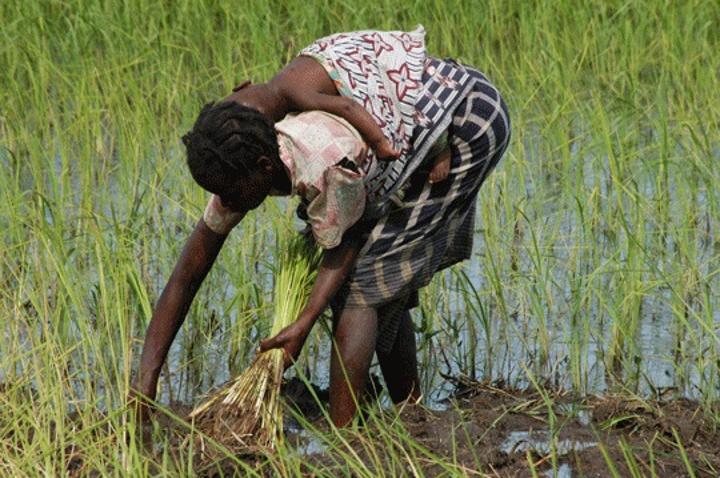Africa-Press – Eritrea. The UN has declared 2026 the International Year of Female Farmers. Ahead of that milestone, the Food and Agriculture Organization (FAO) warned that Sub-Saharan Africa must step up investment in women’s empowerment to secure food supplies and build climate resilience.
The FAO, the Natural Resources Institute of the University of Greenwich, and African Women in Agricultural Research and Development (AWARD) published their report in early September. The study assessed women’s role in agrifood systems across the region.
Women represent 49% of the workforce in agrifood systems, rising to 73% in food processing and services. Despite this, the report said women continue to face structural barriers. In 28 of 33 Sub-Saharan African countries with available data, women are less likely than men to own land or hold secure tenure rights.
The FAO argued that ownership of production assets encourages sustainable investment. It said stronger land rights, better access to water and inputs, and greater participation in decision-making could boost agricultural output and nutrition outcomes.
The report noted that food insecurity remains widespread. It estimated that 64% of the region’s population experienced moderate or severe food insecurity in 2024, with 11.2 million more women than men affected. It added that almost 40% of women aged 15 to 49 suffer from anemia.
The FAO underlined that investing in women not only addresses inequality but also strengthens resilience in agrifood systems. It linked a 1°C rise in long-term average temperatures to a 34% sharper drop in household income for female-headed households compared to male-headed ones.
Researchers stressed that positive change is already under way. They pointed to collective action around women’s land rights, initiatives against gender-based violence, and women’s leadership in agroecological movements and natural resource governance.
Dr. Lora Forsythe, associate professor of gender, inequalities and food systems at the University of Greenwich’s NRI, said such efforts can improve livelihoods and ensure women’s priorities are better represented in policymaking, even though substantial gaps remain.
Source: clubofmozambique
For More News And Analysis About Eritrea Follow Africa-Press







